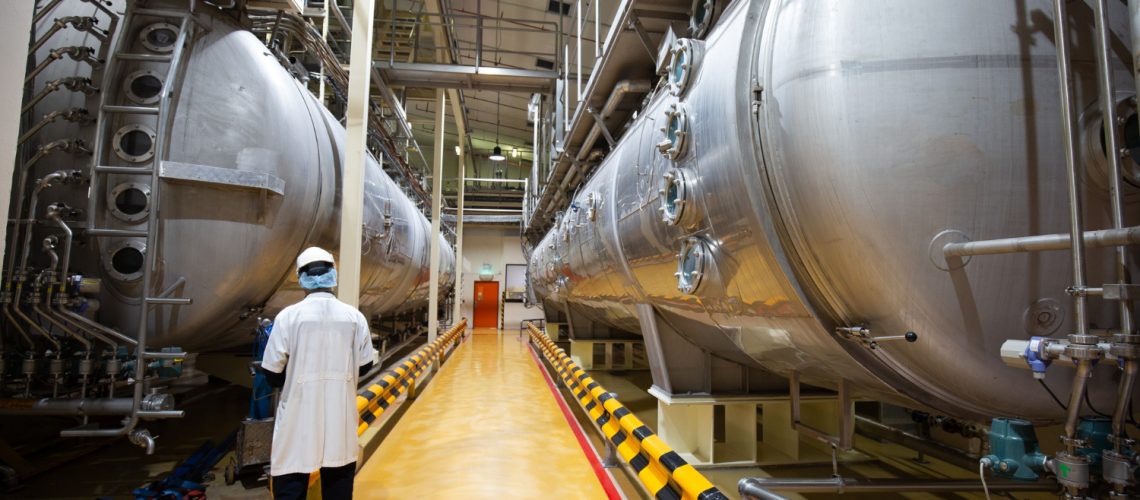Introduction
In the digital age, logistics is undergoing a profound transformation thanks to cutting-edge technologies. From AI to blockchain, these innovations are streamlining operations and enhancing efficiency.
AI and Machine Learning: Optimising Routes
Explore how AI-powered algorithms are revolutionising route planning for road transport. By analysing vast amounts of data, businesses can reduce delivery times and fuel costs.
Blockchain in Supply Chain: Ensuring Transparency
Delve into the role of blockchain technology in creating transparent and secure supply chains. Smart contracts and real-time tracking are minimising errors and enhancing trust.
The Internet of Things (IoT) in Freight Management
Discover how IoT devices are revolutionising the monitoring of cargo conditions. From temperature-sensitive goods to fragile items, real-time data ensures safe delivery.
Warehouse Automation: Increasing Efficiency
Robotic systems and autonomous vehicles are reshaping warehouse operations. Faster order processing and reduced errors are the hallmarks of this digital revolution.
Case Studies: Success Stories
Highlighting companies leveraging digital technologies for success, like DHL’s use of AI for predictive maintenance and Walmart’s blockchain-powered food traceability.
Challenges and Solutions
Discussing the hurdles faced in adopting digital logistics, such as cybersecurity concerns and workforce training. Solutions include robust cybersecurity measures and upskilling programs.
Future Prospects
The blog explores the future landscape of digital logistics, including the integration of 5G for real-time data transmission and the potential of autonomous delivery drones.
Conclusion
The digital revolution is not just changing logistics—it’s redefining it. Embracing these technologies is key to staying competitive in an increasingly fast-paced world.

